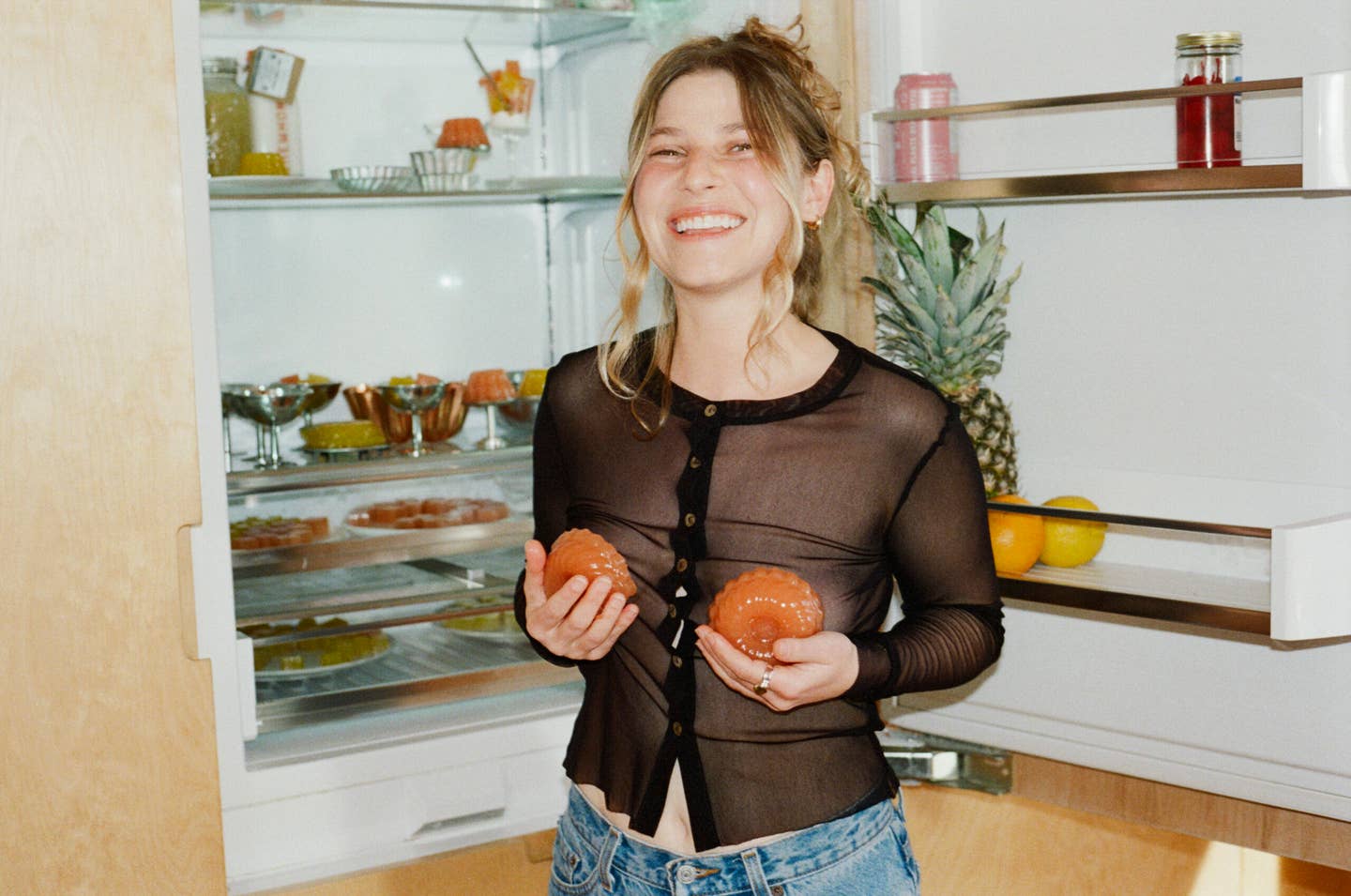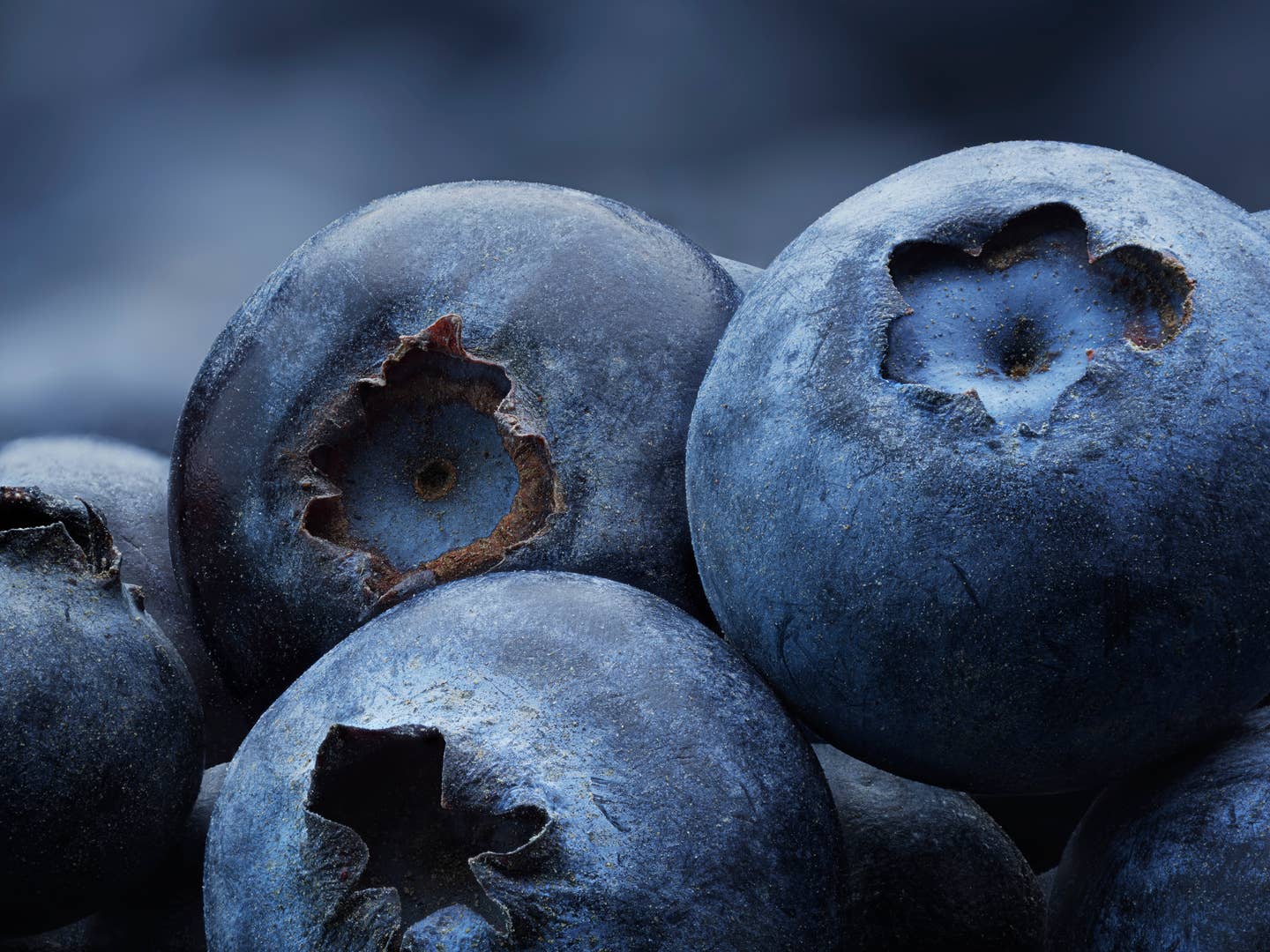Talking Uplift with Dana Cowin, Former Editor of Food & Wine
Dana Cowin has long been a rockstar of the food world. After a career at Vogue and House & Garden, she shepherded Food & Wine into the 21st Century. Her twenty-year-tenure as Editor in Chief saw tremendous growth as the magazine morphed into a nimble and fascinating platform, print and digital, that reported on, and in many cases created, the trends, the people, and the thinking that helped us see our culture through the lens of food.
Dana Cowin has long been a rockstar of the food world. After a career at Vogue and House & Garden, she shepherded Food & Wine into the 21st Century. Her twenty-year-tenure as Editor in Chief saw tremendous growth as the magazine morphed into a nimble and fascinating platform, print and digital, that reported on, and in many cases created, the trends, the people, and the thinking that helped us see our culture through the lens of food.
Since she left her position in 2016, Dana has been quietly reinventing herself as a mentor, coach, advisor, zine editor and a voice of warmth, inclusiveness and curiosity on Speaking Broadly, her podcast on Heritage Radio Network. We’re lucky in that Dana is also one of those New York snowbirds who spends a chunk of every winter in LA. She looks forward to visiting stalwarts like Mozza and Jon & Vinny’s, but she’s also obsessed with our incredible pop up culture.
Dana is also a bit of a champion of just about everyone. She has a deep connection to women in food, including Regarding Her in LA, where she’s been a reviewer in their grant program for the last two years. Regarding Her’s lifting up of marginalized restauranteurs also ties into the mission of Speaking Broadly, both the podcast and the eponymous zine Dana publishes with Creative Director Meagan Bennett. But what makes her tick? What lights her fire? What’s her new life like after leaving F & W? We had questions, so many questions, and she answered them all.
ON EVOLVING
I spent 30 years in media, which is crazy. When you’re in media, you're constantly on the lookout for great stories, the hook, the news, that shiny thing that readers really want. But in fact, when I left Food & Wine and traditional media, I realized that the story I wanted wasn’t the news story. It was the deeper story that would help change lives, not just because you got to eat better, but because you could live better. And that’s the through line—I was always trying to make people’s lives a little more fun, a little bit more filled with pleasure. And the stories that I love now are trying to amplify that by understanding people as well. And so, in leaving Food & Wine and saying, "I want to expand my universe rather than contract it," the way I wanted to expand it was through deeper and more profound experiences with humans.
It was also not like I woke up one day and thought it'd be really fun to be a coach or be a consultant. When I look back and think about all the amazing conversations I've had with people over the years, and also in shaping and helping a team perform, they all sort of go in the direction of coaching and advising.
ON EATING INVASIVE SPECIES
If you look at the fish we have for dinner, it’s shrimp, salmon and maybe sea bass. We have a very limited range of what we actually eat from the sea. Of course the sea is overfished and underpopulated now, so I’m recommending if you’re going to eat fish, you should eat at the lower end of the food chain, the smaller fish which are also so good for us. If you look too at the people who still eat meat, they only eat three kinds, right? But there’s so many more animals and the pressure that we put on cows, pigs and chickens is horrible for the planet. I’m talking about this through a very Eurocentric lens of course, because others parts of the world prize so many other things, but we in America have a very narrow view of what we want to eat every night. If you were to expand out from that and say, okay, we’re not only going to look at the (local) diversity we may be missing, but let’s also look at how we name things. Like weeds (get a bad rap), right? The things that grow through cracks in cement, or are by the side of the road? Some of them are invasive and kill other plants, which obviously we should want to stop. Even our conversation about what’s native and not native has inherent historical problems, like where did this native thing come from? What is native? And so I want to open up how we speak about ingredients, as well as what we cook and how we eat. I’m interested in expanding our ideas about what we find acceptable.
Kelp is amazing but I think it goes into another bucket. Kelp is a food that’s great for the planet that we’ve also begun to adapt into our diet. Sea greens are another group. And if you look at the power of mushrooms, it’s vast, right? There’s leather made out of mushrooms, and yet you can saute it. We’re absolutely entering The Shroom Age.
And then there’s an invasive species like lionfish. They’re quite hard to catch, but there are restaurants serving lionfish on the menu and trying to get that population out of the water and onto your plate.
ON FOOD AS A LENS THROUGH WHICH WE UNDERSTAND EACH OTHER
Take Zoe Adjonyoh. Zoe is a Brit, but she’s living in the States right now and has a brand called Ghana Kitchen. So I can know Zoe perfectly well by hanging out with her, but to really know her completely is to have her food tell the story of her family and her past. Her father is Ghanaian, her mother is Irish, and she makes this Ghanaian food that is really very personal to her. So if you cook like she cooks in Ghana, they’d say, “Well, that’s not how my grandmother made it.” But it’s how Zoe makes it because she has her roots in Ghana, but she grew up in the UK, and her mother’s Irish. So knowing Zoe is actually knowing the story of the path of the food and understanding the flavors that are important to her.
ON THE GIFT OF THE PANDEMIC. WAS THERE A GIFT?
I think it created a greater momentum around collaboration. Restaurants are competitive with each other because they have the same customer base, but with Covid, they also saw the benefit of sharing, collaborating, advocating for the industry and sharing their knowledge. Not to say it didn’t exist before, but it got really ramped up.
ON HOSPITALITY
You go into the hospitality business because you want to take care of others, and that’s a life’s work.
ON CANCER
I was lucky in that I’m a basically optimistic person, so I said to myself, “okay, we’re just going to get through this.” In many ways I felt the opposite of alone. I remember sitting on the subway and thinking, “I have Stage 3 breast cancer, but I bet fifty percent of the people in this car have something they’re dealing with right now, and you just can’t tell from looking at someone. And so it gave me this appreciation of how everyone struggles with something to get through the day and we have to support each other. It just gave everyone a lot more grace, which ties into the idea that everyone, if you give them time and space, is worthy. Everyone has a story.
ON L.A.
I love the food and the diversity of restaurants there. There's something about LA that I find, for myself, very welcoming in the food world. When I'm in LA and I pop into Konbi, for example, and Akira (Akuto) is there at his computer in the restaurant, or when I go to Kismet on Sunset, and the two Sarahs (Sara Kramer and Sarah Hymanson) are there. There’s just something about seeing the chefs in the restaurants in LA. When I’m at All Day Baby for Tet-a-Tet or Here’s Looking at You, I end up seeing Lien Ta. I love the connection between the people who are creating the food and the restaurants—I feel like it’s a little bit more visible than it is in New York.
But it’s hard to compare the two cities. I love them both, and I tend to like sort of the same things about both of them, which is creativity, diversity, and the incredible women. There are so many neighborhoods here, just like in NY. In both cases, you can never do it all. You can never go eat at every single place you want to go.
ON SPEAKING BROADLY, HER PODCAST
My job is to ask the questions and also to provide a very very safe space. There were several times when we would get off the air and someone would say, “I’ve never told anyone that before, but I really wanted to share it here and with this audience.” That was really powerful. And the other thing I’ve loved is going around the country with the zine. I love being in the presence of countless numbers of women. I like being in places where we get to share stories and discover, yet again, our shared humanity. And in that shared humanity, we buoy each other up and feel ready to face the next day.
Having the foundation of all my experience and then adding in the uplift as I’m doing now, doing those two things simultaneously, well, there’s just a lot more—joy.





